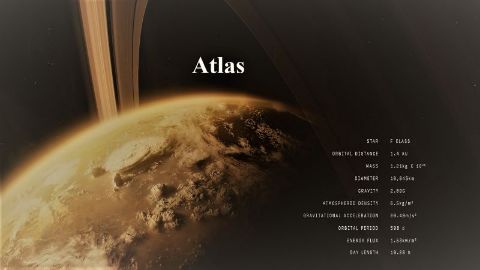You might also like
The center of the Milky Way is home to strange and deadly phenomena that we don't yet understand, but using the latest science, experts are revealing how the supermassive black hole our galaxy's core shapes life on Earth.
S8E8 • How the Universe Works • 2020 • Astronomy
Our galaxy is full of stars ready to explode into supernovas, a stellar detonation powerful enough to destroy all life on Earth; it's an event that hasn't occurred in 400 years, and the search is on to locate which star may be next.
S9E7 • How the Universe Works • 2021 • Astronomy
How do these objects differ from one another, if at all? Nick Moskovitz, an astronomer at the Lowell Observatory, compares these space solar system bodies.
2015 • Astronomy
On July 14, 2015, the New Horizons spacecraft, one of the most advanced ever built, is scheduled to fly by Pluto to take the very first detailed images of the dwarf planet. After nine years and 3 billion miles, we will finally get a close look at this strange, icy world, but only if the craft can survive the final, treacherous leg of its journey, which could take it through a dangerous field of debris.
On Exoplanet Atlas, dense gravity creates a thick atmosphere allowing airborne life forms to thrive - but also providing a lesson in adaptability.
S1E1 • Alien Worlds • 2020 • Astronomy





